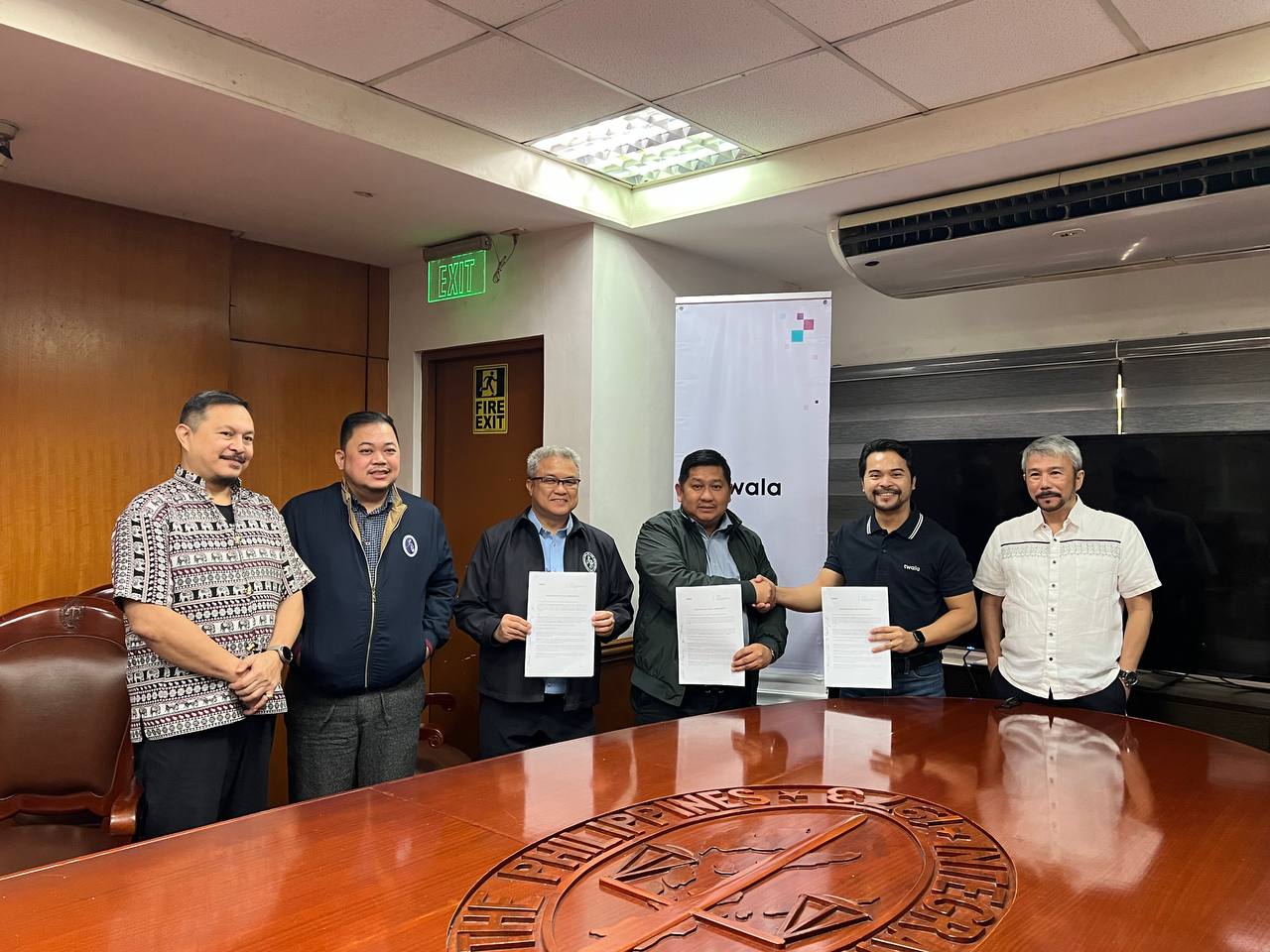In today's fast-paced business environment, efficiency is paramount. Operations teams in the Philippines are continually seeking innovative solutions to streamline their workflows, reduce costs, and save time. One powerful tool that has gained significant traction is digital signatures. With the rise of remote work and digital transformation, understanding the benefits of digital signatures is essential for Philippine businesses looking to enhance their operations.
The Growing Need for Efficiency
The Philippines has seen a surge in digital transformation across various industries, driven by the need for more efficient processes. Traditional document signing methods can be slow, cumbersome, and prone to errors. Manual handling of paper documents not only increases operational costs but also prolongs turnaround times, impacting overall productivity. In response, many operations teams are turning to digital signatures as a way to optimize their workflows.
Understanding Digital Signatures
Digital signatures are a secure and legally recognized way to sign documents electronically. They use cryptographic technology to ensure that a document has not been altered after signing and confirm the identity of the signatory. In the Philippines, the legal basis for digital signatures is provided by the E-Commerce Act of 2000 (Republic Act No. 8792), which recognizes electronic signatures as valid and enforceable.
Benefits of Digital Signatures for Operations Teams
- Cost Savings
Transitioning to digital signatures can lead to significant cost reductions. By eliminating the need for printing, shipping, and storing physical documents, businesses can save on paper, ink, and mailing expenses. This is especially beneficial for operations teams that handle numerous contracts, agreements, and internal documents daily. - Time Efficiency
Digital signatures drastically reduce the time it takes to sign and process documents. Instead of waiting for physical signatures, team members can sign documents from anywhere, anytime, using their devices. This convenience accelerates workflows, enabling operations teams to focus on more strategic tasks. - Enhanced Security
Security is a top priority for operations teams dealing with sensitive documents. Digital signatures offer a higher level of security compared to traditional methods. They provide an audit trail, ensuring that all actions related to the document are logged and can be tracked, which is crucial for compliance and accountability. - Improved Collaboration
Digital signatures facilitate better collaboration among team members and stakeholders. Operations teams can quickly send documents for review and approval, reducing the back-and-forth communication that often delays processes. This collaborative environment is especially important in the Philippines, where businesses often work with multiple parties, including clients, suppliers, and regulatory agencies. - Compliance with Local Laws
Adopting digital signatures ensures compliance with Philippine laws, such as the E-Commerce Act and the Supreme Court Rules on Electronic Evidence. These regulations provide a framework for the legal use of electronic signatures, giving businesses peace of mind that their documents are enforceable.
Implementing Digital Signatures
To successfully integrate digital signatures into their workflows, operations teams should consider the following steps:
- Choose the Right Provider: Select a reliable digital signature provider that complies with local regulations and offers robust security features. Look for providers that are well-established in the Philippine market.
- Train Your Team: Ensure that all team members are trained on how to use digital signature tools effectively. This training should cover how to sign documents, track signatures, and maintain security protocols.
- Update Internal Processes: Revise existing workflows to incorporate digital signatures seamlessly. This may involve updating templates, modifying approval processes, and communicating changes to all stakeholders.
- Monitor and Evaluate: Regularly assess the effectiveness of digital signatures in improving workflow efficiency. Gather feedback from team members to identify areas for further optimization.
Digital signatures are revolutionizing the way operations teams in the Philippines handle document workflows. By cutting costs, saving time, enhancing security, and ensuring compliance with local laws, digital signatures provide a competitive edge in today’s business landscape. As more organizations embrace this technology, those that adopt digital signatures will not only streamline their operations but also position themselves for long-term success in an increasingly digital world.
By embracing digital transformation, Philippine businesses can unlock new levels of efficiency, collaboration, and growth.



.png)

.png)
